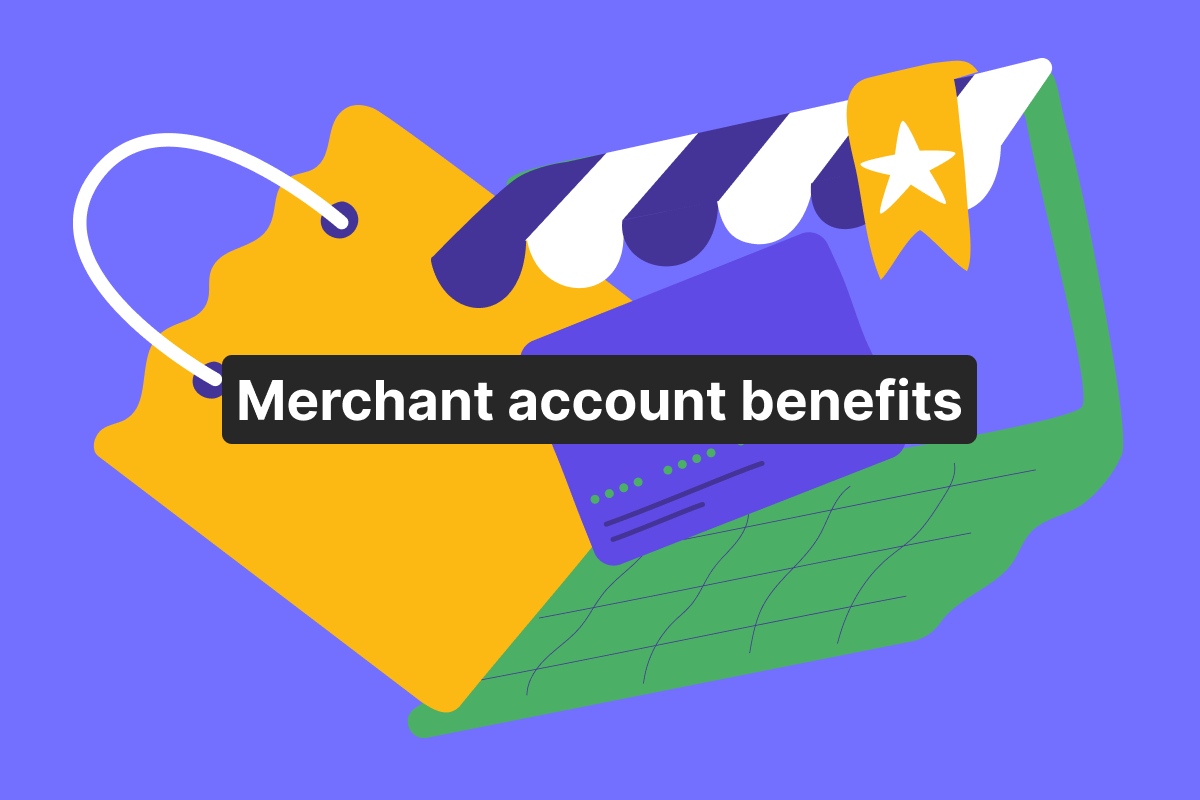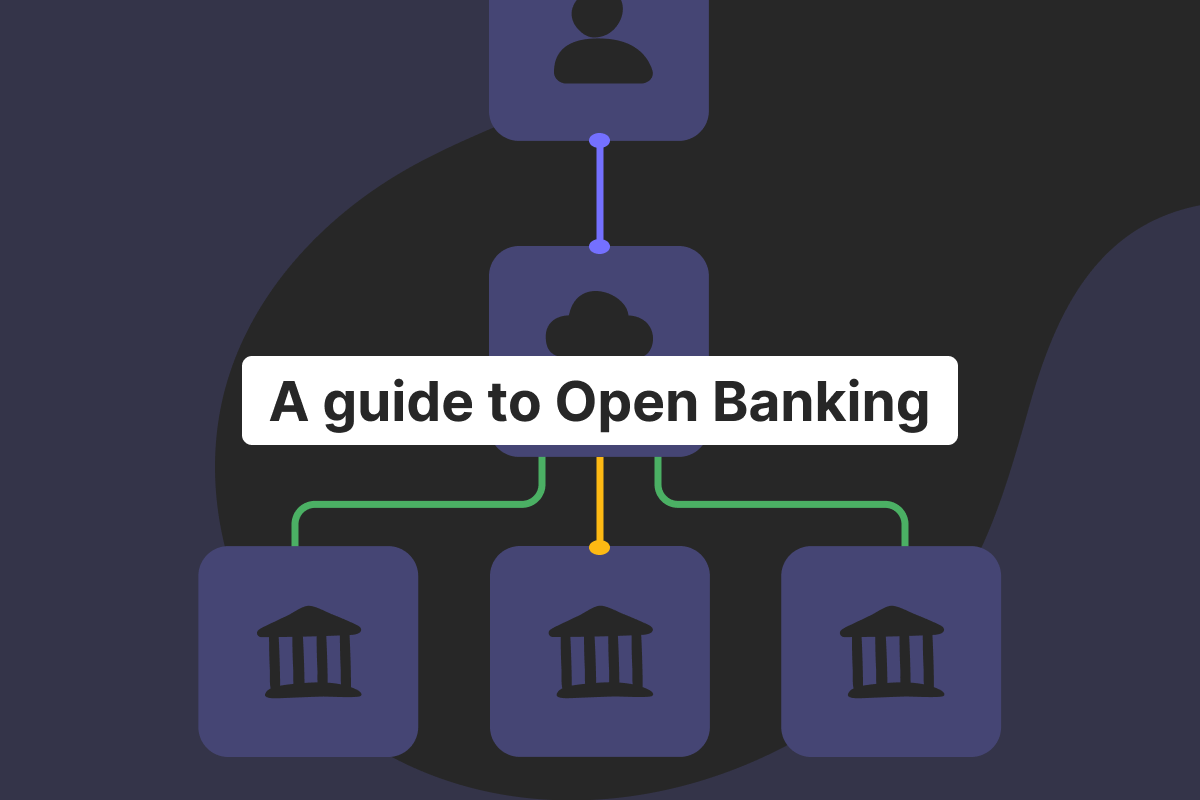Every small business requires support from various financial institutions. The best financial services for a small business include features that encourage future success. In this article, Genome explores the different financial services that exist and how to access them.
Types of financial services for small businesses
Business accounts work similarly to personal accounts in many ways, with the option to accept payments and store funds. On top of that, an online business account has extra features for companies. They may need to pay staff payroll each month or require working capital to make regular payments to suppliers and lenders, for example.
Working capital is crucial if you need to cover day-to-day expenses and pay invoices. It also gives you the ability to seize opportunities to add inventory or expand despite cash flow fluctuations. This is where business credit cards and other methods of funding prove to be useful services for small businesses. You can request the credit or other money services you need to develop your company smoothly while adapting to the changing market.
Open an account
in Genome online
Funding options for a small business
As a professional small business owner, accessing the right funding options is crucial for growth and success. With various funding options available, it’s essential to understand their pros and cons to make an informed decision. In this section, we’ll explore the different funding options for small businesses, including self-funding strategies, SBA loans and traditional lending, outside investors, venture capital, crowdfunding, and alternative funding.
Self-funding strategies
Self-funding, also known as bootstrapping, is a popular financing option to pay for the development of small businesses and inject money into working capital. This involves using personal savings, credit cards, or loans from friends and family to fund your business. Self-funding allows you to maintain control and ownership of your business without bank loans or other types of credit. But it also means you’ll be subject to all the financial risk rather than letting lenders take part of the risk.
Outside investors and venture capital
Outside investors, angel investors, and venture capital lenders invest to provide significant funding for small businesses. However, this type of investment often comes with strings attached and may involve a certain loss of control over the future direction of the business. Venture capitalists or angel investors typically invest money in businesses with high growth potential and strong financial projections that require working capital or have large startup expenses. They provide the necessary capital in exchange for equity and may request access to a seat on the board of directors.
Crowdfunding and alternative funding
Crowdfunding and alternative online or offline funding options have become increasingly popular credit options for small businesses. Crowdfunding involves raising money from a large number of people, typically through online platforms. Alternative funding options, such as invoice financing and equipment financing, can provide quick access to working capital, but as they are loans, they need approval first.
The likes of SBA loans and traditional lending are popular funding options for small businesses that qualify for credit. In the US, loans in dollars are guaranteed by the Small Business Administration and offer favorable terms following approval of the completed form, such as lower interest rates and longer capital repayment periods. Traditional lending, on the other hand, involves borrowing from banks, credit unions, or other financial institutions.
Understanding the different loans and working capital funding options available from bankers and elsewhere is vital. Small business owners can then make informed decisions about how to fund their businesses and handle debt. Whether you choose self-funding, SBA loans, outside investment, or crowdfunding to obtain the money you need, carefully evaluate the pros and cons first.
What should you watch out for when choosing a provider of financial services?
First of all, you should make sure the service providers offer security and compliance. The security features offered by the provider are essential to your business and the provider itself. Regulations moderate how sensitive personal data, such as personal credit score and balances, should be treated. Look for a licensed operator that has a strong background in the industry.
Another factor to take into consideration is the range of services that the provider offers. Always keep in mind your business needs and select services accordingly. For example, if your business is part of an industry that works with a young audience, you might implement some alternative payment methods on the website. Or, if you have clients abroad, you should ensure their currency is accepted.
Ask yourself how comfortable it is to work with a specific provider. Does it offer everything you need to make your business work smoothly and manage your savings or debt requirements? Does it have an established ecosystem that includes account levels? Is customer support helpful? Such simple things are often underestimated, yet in the long run, they make a big difference.
Which provider is the best for small businesses?
Genome provides the full ecosystem of personal and business accounts with dedicated EUR IBANs. This allows any client to have several accounts within one wallet, as our clients can start up to 5 accounts per currency: USD, GBP, EUR, PLN, CHF, JPY, CAD, CZK, HUF, SEK, and AUD, with excellent exchange rates.
Companies also access the shared account feature, which allows involving authorized employees in managing the wallet. This way, you can manage the small business better and keep track of expenses, credits, and processes.
Moreover, all our clients can use SEPA Instant and Credit Transfers to make quick and secure euro payments across Europe. Businesses can also unlock international transfers, allowing them to receive and send funds via SWIFT in 11 currencies to over 40 countries.
Last but certainly not least, you can order virtual and physical Visa cards for your business expenses and link them to your accounts in USD, GBP, EUR, PLN, CHF, CZK, HUF, and SEK, You can order your card in just a couple of clicks – via the Genome app.
Also, Genome has an easy onboarding process for an account. The simplified stages include application, personal data input, verification, and usage. No extensive documentation is needed, no hidden fees. Genome ensures comfort and simplicity in every process and operation.
Check out Genome and find out which benefits it can bring to your business.
Open an account
in Genome online
FAQ
Who is the best financial service company?
We recommend Genome, a financial service provider that offers a full ecosystem of personal and business accounts within one digital wallet. Genome also offers multi-currency accounts that cover 11 currencies, including EUR, GBP, and USD, for any account type. It ensures quality customer support for a small business.
What are the most profitable financial services?
Well, first of all, issuing a merchant account. It would allow a small business owner to collect card payments on the e-commerce website. Then, the payment services themselves set up the payment flow. There are also some practical tools, such as fraud prevention services, to keep security at its best.
What are examples of financial services?
For example, issuing business or merchant bank accounts counts as a financial service. Setting up the full payment cycle on the e-commerce website as well. And such useful features as fraud prevention and chargeback alerts are financial services as well.
What are basic financial services?
Basic financial services are to be expected in any standard package of services provided by a bank or another institution. For example, accepting funds from a bank account is a basic financial service. Another example is to have a bank account online via the browser or in an application.
What does a financial service company do?
They provide different money services to people and businesses to facilitate financial processes. A financial service company can be a bank institution, an exchange service, an investment company, or an insurance company.






